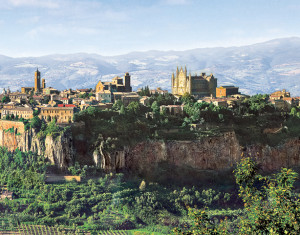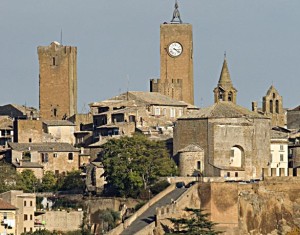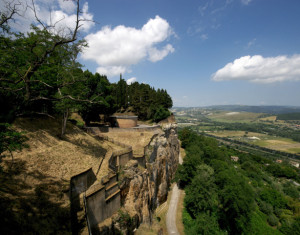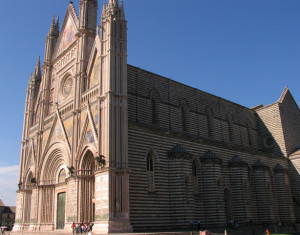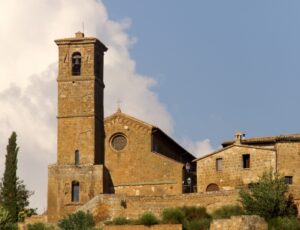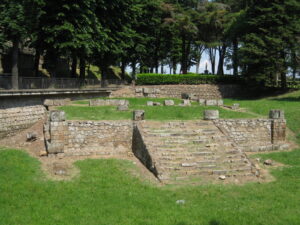This website uses cookies so that we can provide you with the best user experience possible. Cookie information is stored in your browser and performs functions such as recognising you when you return to our website and helping our team to understand which sections of the website you find most interesting and useful.
ORVIETO
The city of Orvieto, over 3000 years of history contained in one of the most beautiful characteristic towns of Italy
A city to visit
From the Etruscans through the Roman conquest and decline to the new splendor in the Medieval era and the annexation to the Papal State, Orvieto is a city that has experienced various historical moments as a protagonist.
Of this long timeline of almost three thousand years there are many testimonies and legacies visible in its historic center. The cathedral, the Palazzo del Popolo and the Torre del Moro are admirable examples of art and architecture of the city as a powerful free medieval municipality.
The city museums instead host important finds from the Etruscan era found in the area and in some important sites such as the necropolises and the Belvedere temple.
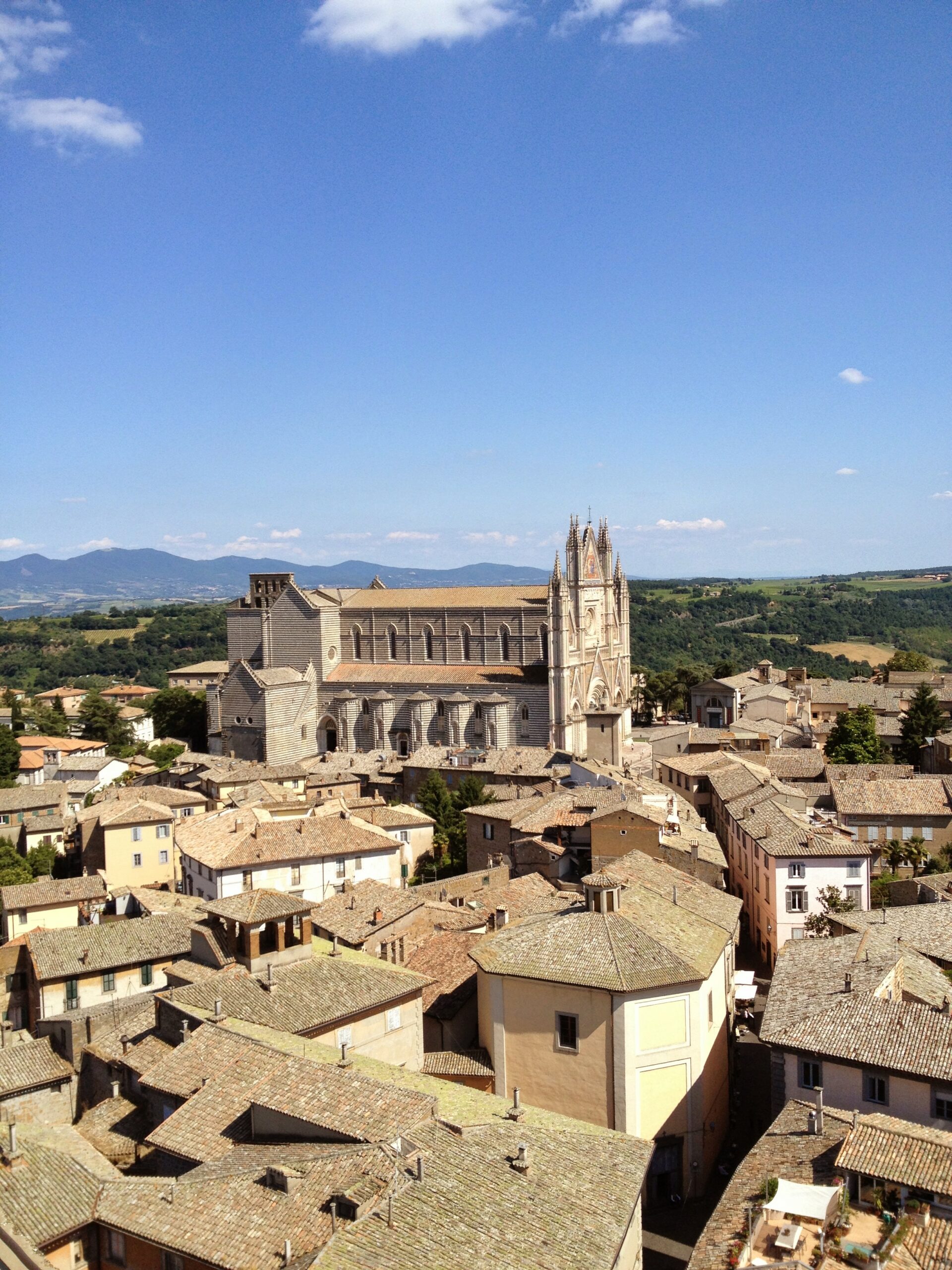
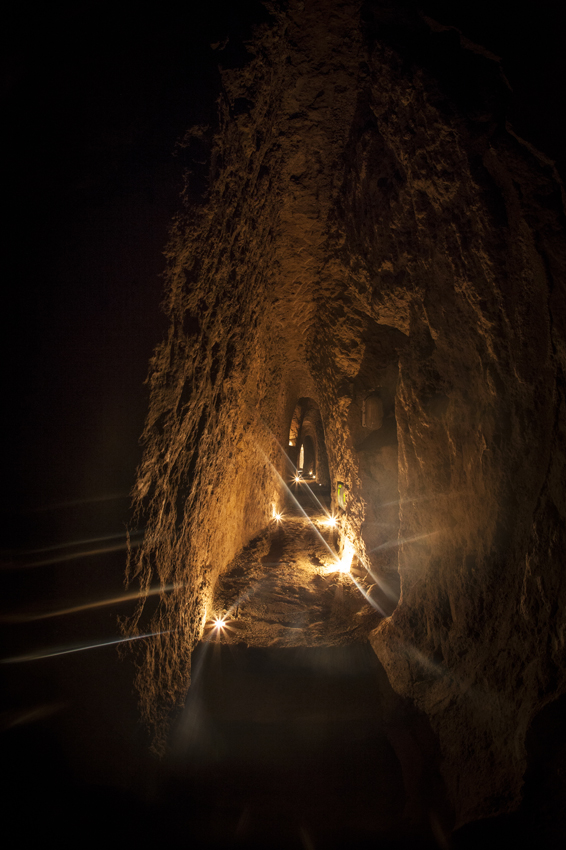
...an underground to discover
the city underground is crossed by a myriad of pipes and artificial spaces that were dug almost 3,000 years by the inhabitants of the Rock. Most of the more than 800 hypogean known (dati S.C.O.) consists of family cellars, that are now back in vogue in the wake of renewed desires of simplicity and genuine things. If they are of small and immense, on several floors, with large rooms and tunnels by winding paths. Because of the overlap population, that in a city like Orvieto is inevitable, they have created links between involuntary cave systems once autonomous.
The underground world of Orvieto is very complex and should be investigated thoroughly, not only to understand well the undeniable historical and archaeological values but also to adequately protect what lies on the surface.
The other face of Orvieto, the underground, offers situations full of millennial charm, alternate realities against the surface that do not arise, however, in contrast with the city, but rather a complement, enrich it. The inhabitants of Orvieto that have always been able to, or should, co-exist with the lesser known aspect of their rock, must now be prepared to reap the benefits that would result from the re-use of a heritage that is Orvieto, again, exclusive.

